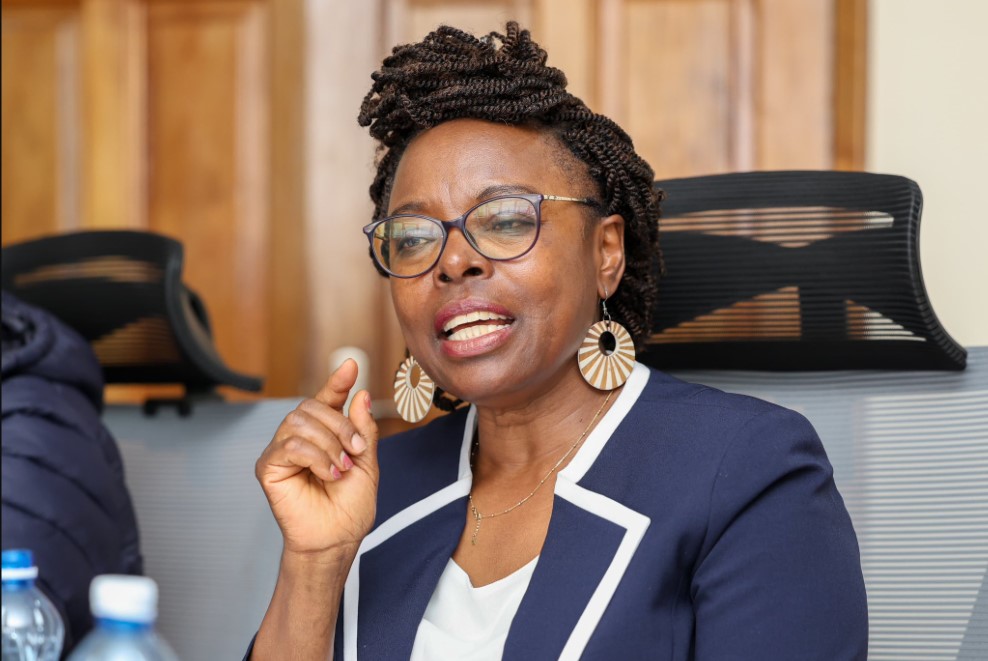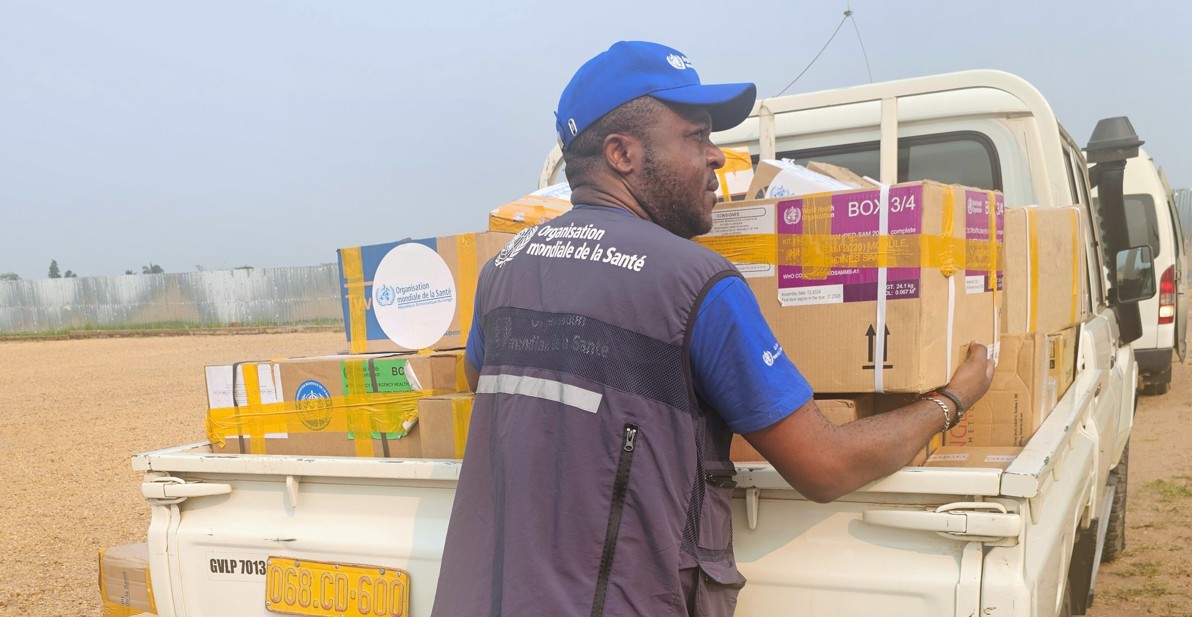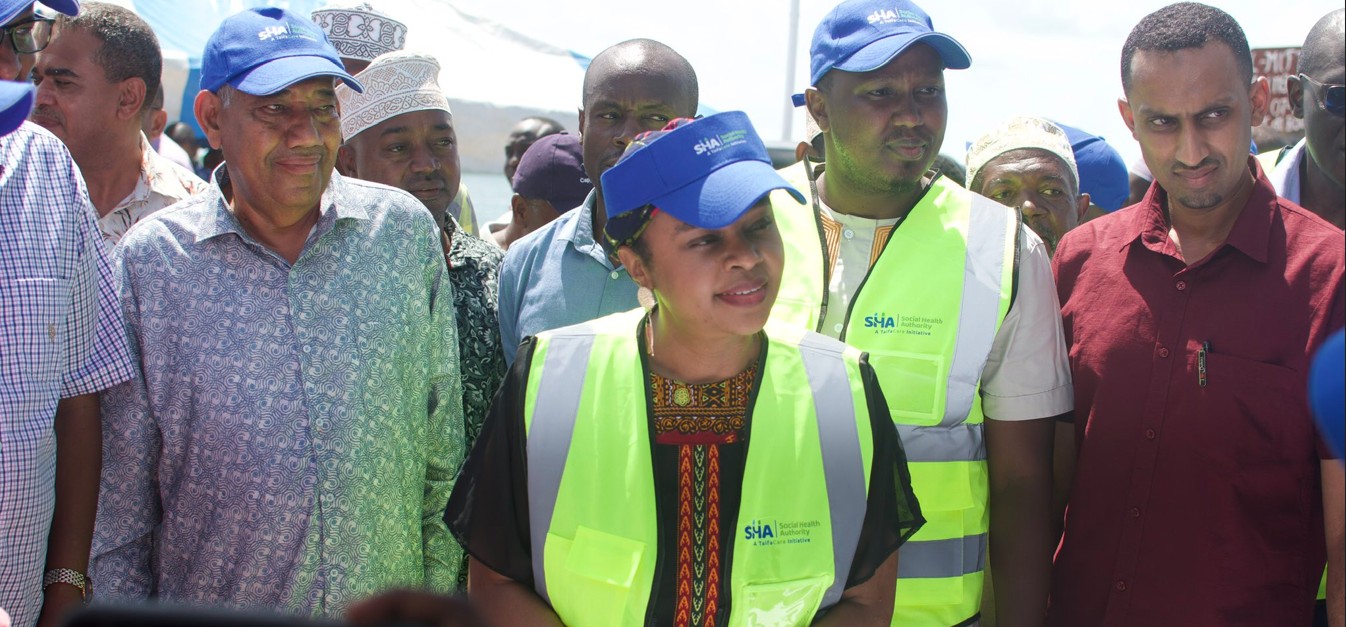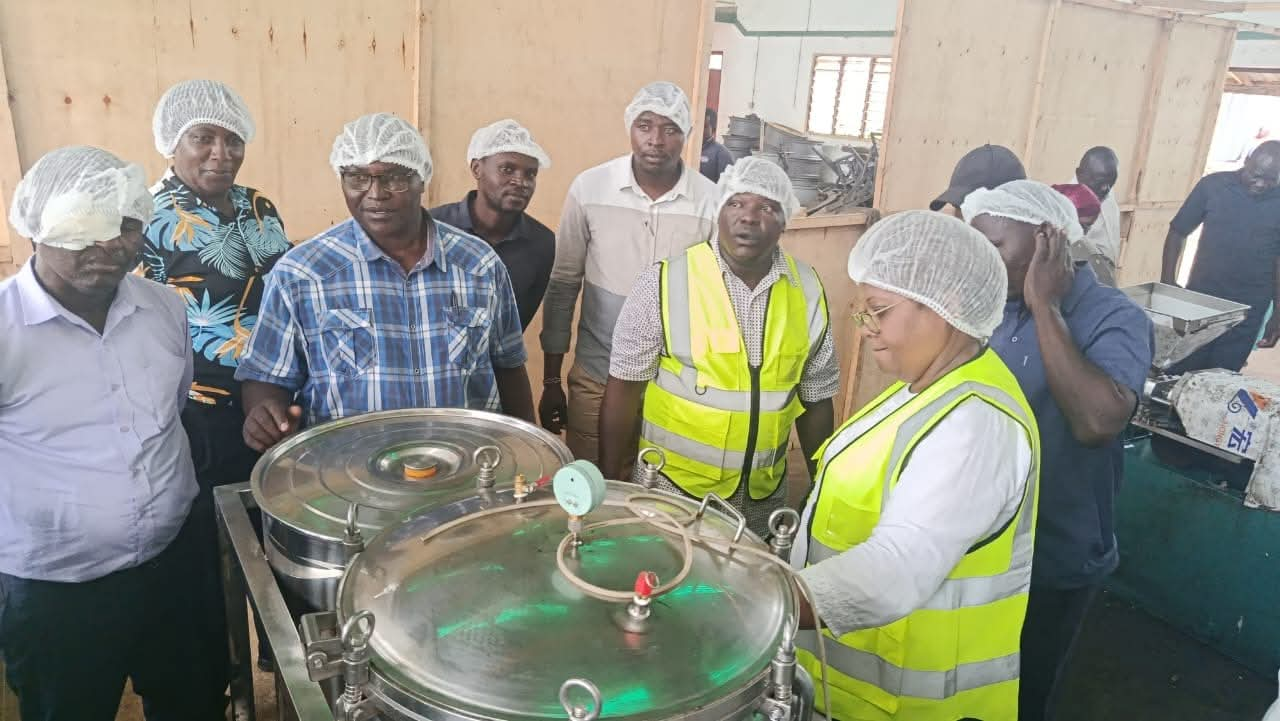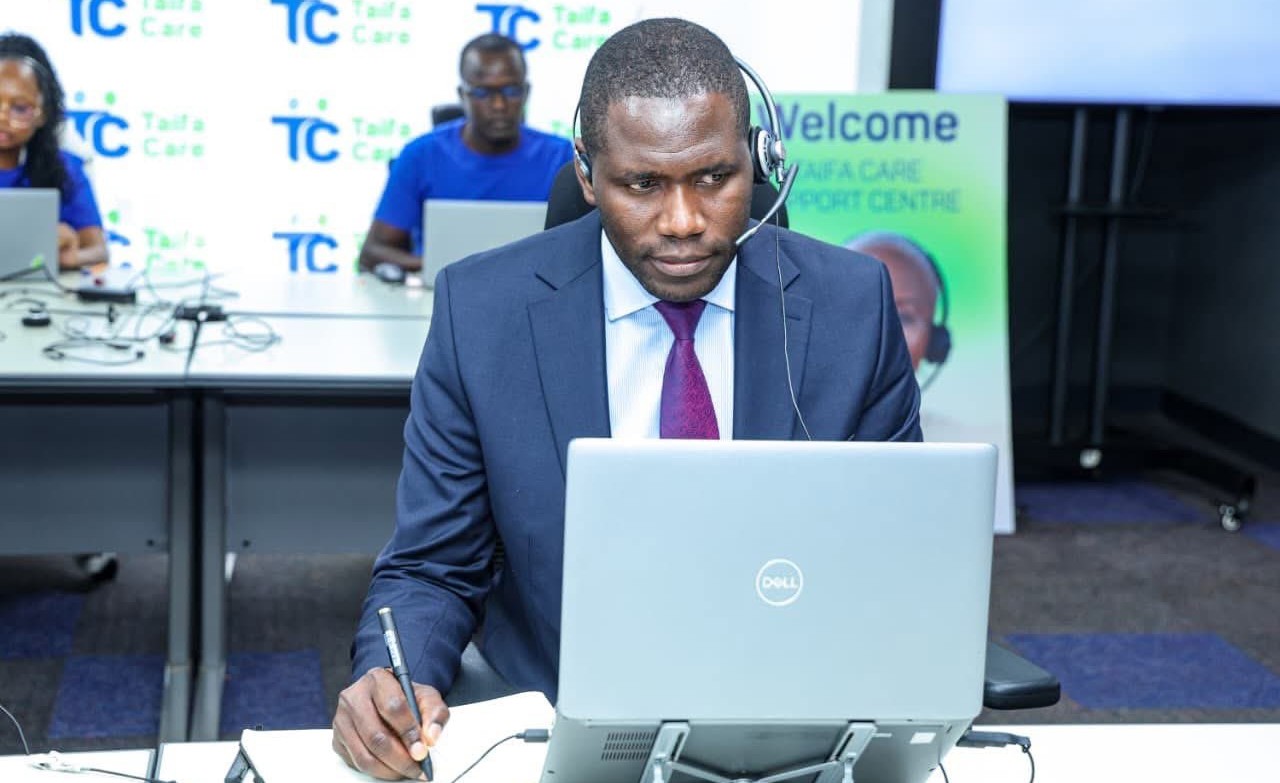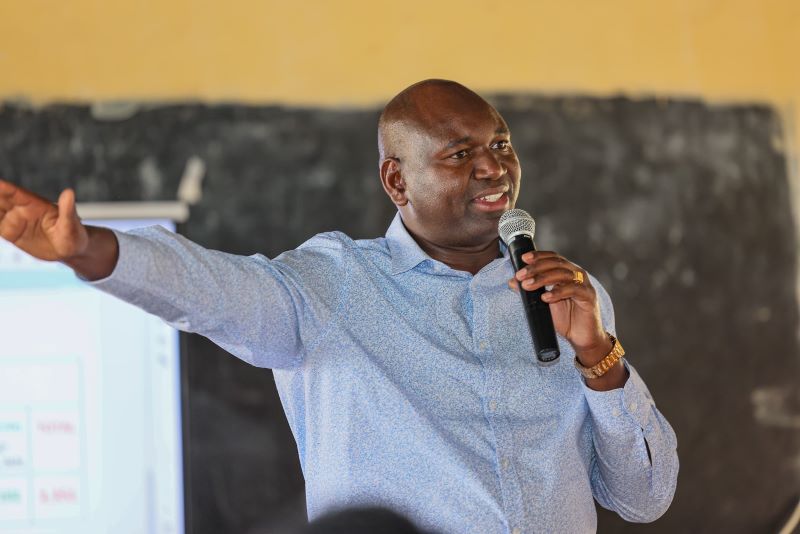Turkana youth unlock opportunities with market-ready vocational training
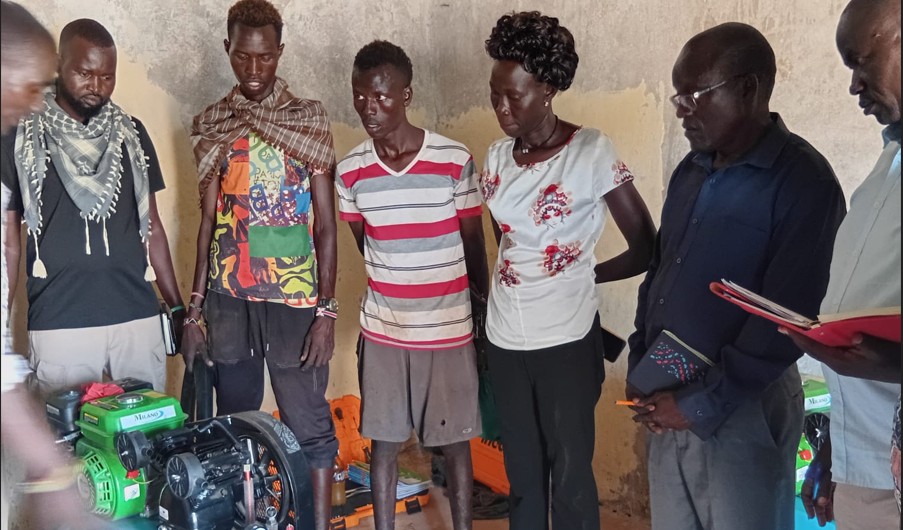
As part of the Ujuzi Mashinani initiative in Katilu and Kalapata Wards, trainees are acquiring essential skills in mechanics, hairdressing, electrical work, plumbing, and masonry—skills designed to foster self-reliance and reduce poverty at the grassroots.
In the heart of Turkana, a quiet revolution is taking place. Young people are not only gaining practical skills but also unlocking opportunities, starting businesses, and securing sustainable futures through market-ready training.
The County Department of Technical Vocational Education and Training (TVET), in partnership with Nawiri’s Ujuzi Mashinani programme, is delivering life-changing vocational training in remote centres such as Kanaodon and Kagitankori.
More To Read
- HELB extends student loan application deadline
- KUCCPS extends TVET application deadline for September 2025 intake
- KUCCPS reopens TVET applications for September intake, cuts fees to widen access
- Turkana County launches project to train 1,250 youth as community digital champions
- 2024 KCSE learners urged to explore TVET as alternative route to jobs, entrepreneurship
- Report exposes funding gaps, staff shortages and infrastructure failures in schools
Here, hundreds of youth are learning trades that are reshaping their lives and transforming their communities.
As part of the Ujuzi Mashinani initiative in Katilu and Kalapata Wards, trainees are acquiring essential skills in mechanics, hairdressing, electrical work, plumbing, and masonry—skills designed to foster self-reliance and reduce poverty at the grassroots.
Opening doors to learners
Chief Officer for Sports and Vocational Training, Robert Loyelei, commended the programme for opening doors to learners from all backgrounds.
"Group-based training empowers these young people to start businesses, seize opportunities, and remain resilient," he said, adding that the county is working to make training more accessible by localising centres and tailoring sessions to community needs.
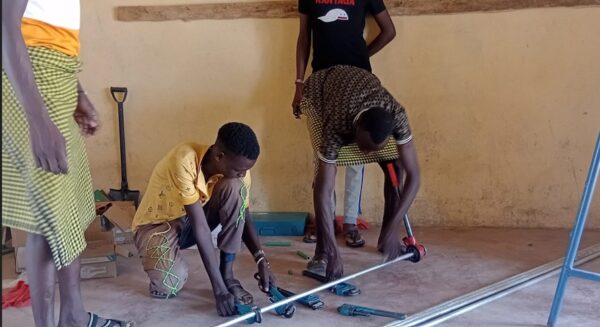 Trainees in Katilu and Kalapata Wards learn trades like mechanics, hairdressing, and plumbing under the Ujuzi Mashinani programme to promote self-reliance. (Photo: County Government of Turkana)
Trainees in Katilu and Kalapata Wards learn trades like mechanics, hairdressing, and plumbing under the Ujuzi Mashinani programme to promote self-reliance. (Photo: County Government of Turkana)
Nawiri’s Alternative Livelihoods and Markets Officer, Salim Imoni, highlighted that Ujuzi Mashinani goes beyond skills training:
"This programme is about mindset change. It's about long-term commitment to learning and building strong, self-sufficient households to combat malnutrition and poverty."
Business skills
He explained that trainees also receive business skills and support in enterprise registration to ensure their ventures are market-ready and sustainable.
Deputy Director of Vocational Training, Jeremiah Loyapan, urged learners to apply their skills beyond the classroom:
"These skills must go beyond the classroom. They must be used to build businesses and livelihoods."
Students are already voicing their hopes for the future. Jackline Liwan, a hairdressing trainee, expressed gratitude but asked for extended training periods:
"This programme has helped us so much, but we need more time for additional courses," she said.
Her classmate, Ruth Akutan, appealed for start-up equipment to help them put their skills into practice.
In response, Nawiri has equipped training centres with starter tools and materials across different trades, ensuring graduates are ready to begin their entrepreneurial journeys.
With over 500 students currently enrolled in Katilu and Kalapata Wards, Ujuzi Mashinani is proving to be more than just a training initiative—it is a launchpad for a new generation of skilled, self-reliant youth in Turkana.
Top Stories Today
Reader Comments
Trending
